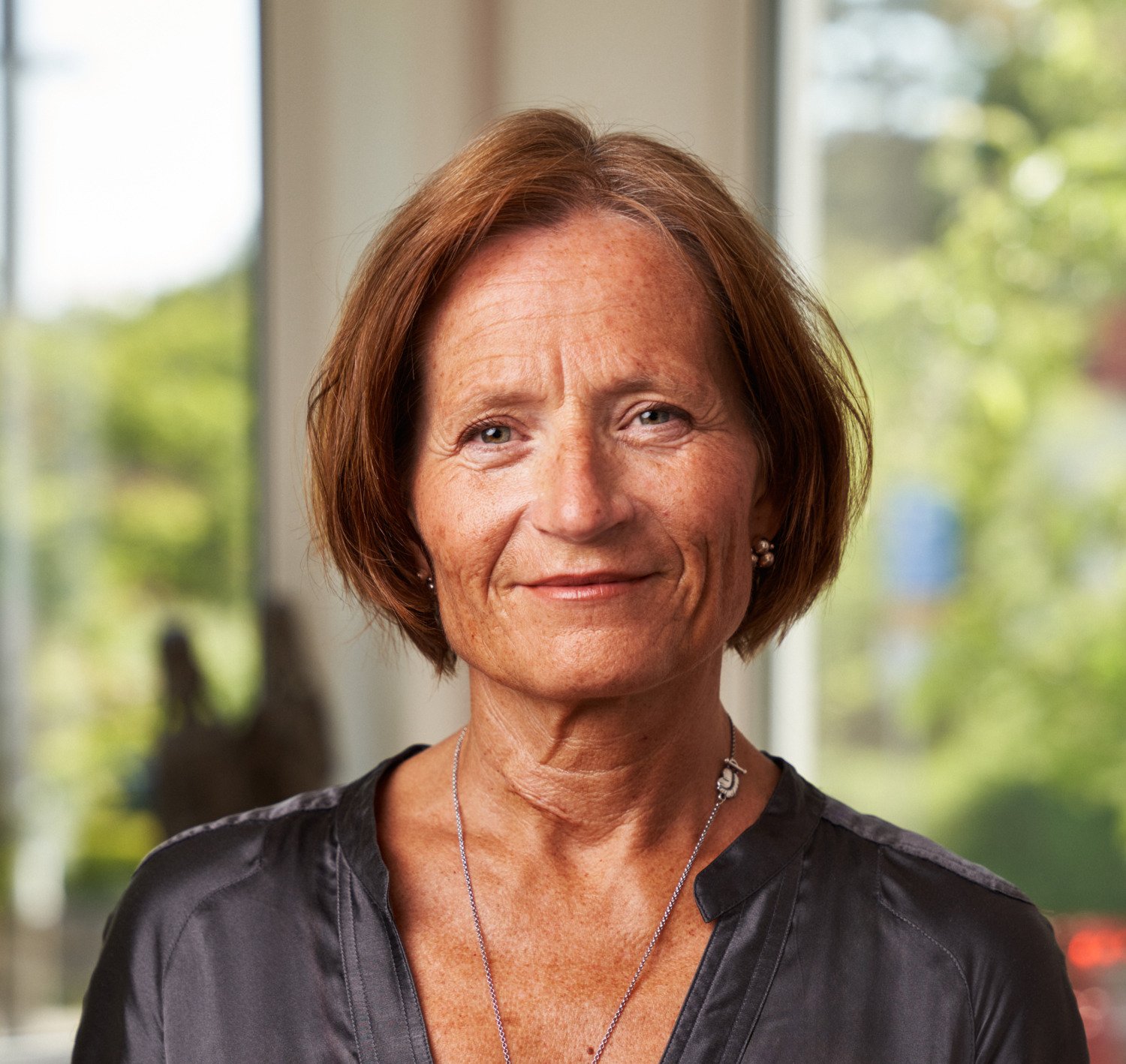A new international study led by researchers at Karolinska Institutet in Sweden shows that AI-based models can outperform human experts at identifying ovarian cancer in ultrasound images. The study is published in Nature Medicine.

"Ovarian tumours are common and are often detected by chance," says Professor Elisabeth Epstein at the Department of Clinical Science and Education , Södersjukhuset (Stockholm South General Hospital), at Karolinska Institutet and senior consultant at the hospital's Department of Obstetrics and Gynecology. "There is a serious shortage of ultrasound experts in many parts of the world, which has raised concerns of unnecessary interventions and delayed cancer diagnoses. We therefor wanted to find out if AI can complement human experts."
AI outperforms experts
The researchers have developed and validated neural network models able to differentiate between benign and malignant ovarian lesions, having trained and tested the AI on over 17,000 ultrasound images from 3,652 patients across 20 hospitals in eight countries. They then compared the models' diagnostic capacity with a large group of experts and less experienced ultrasound examiners.
The results showed that the AI models outperformed both expert and non-expert examiners at identifying ovarian cancer, achieving an accuracy rate of 86.3 per cent, compared to 82.6 per cent and 77.7 per cent for the expert and non-expert examiners respectively.
"This suggests that neural network models can offer valuable support in the diagnosis of ovarian cancer, especially in difficult-to-diagnose cases and in settings where there's a shortage of ultrasound experts," says Professor Epstein.






